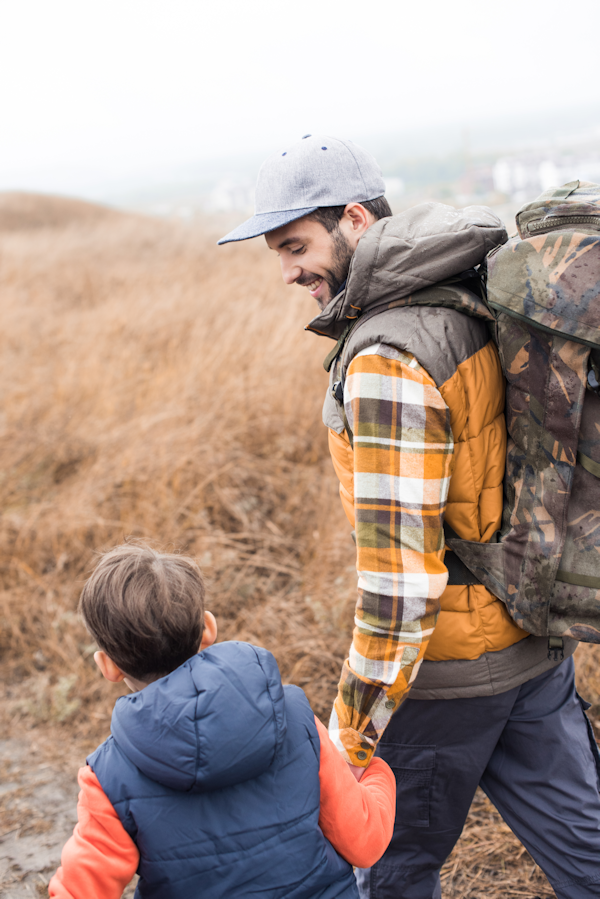A teen kneels beside their mentor in the still woods. The outdoorsman speaks softly about life and balance. The trap holds a creature taken with care. This is not waste, the mentor says, but a harvest. It’s part of the greater cycle. The teen listens, eyes wide, heart learning. In that moment, respect for life roots deep, helping to shape who they will become.
Why the Outdoors Matters
Nature does not hide truth. It shows life, death, and renewal in simple ways. Youth face these moments with open eyes. They learn that taking a life must come with purpose and humility. The outdoors teaches that we are part of something larger. This understanding brings both weight and wisdom. It teaches young hearts to be careful with their choices and actions.
Skill Focus – Respect Shapes Understanding
Respect is not just kindness; it is knowledge paired with care. In careers, it builds conservationists who protect land and wildlife. In relationships, it grows empathy and patience. Those who learn to respect life learn to listen and understand others. They see beyond the moment and think of the greater good. Knowing life’s cycles makes them steady and thoughtful in all they do.
Mental and Physical Benefits
Facing the cycles of nature grounds young minds. It gives them perspective and teaches acceptance. They learn that death is not an end but part of nature’s rhythm. Physically, they move with purpose, hands steady, hearts calm. Mentally, they grow deep roots. They become less quick to judge and more willing to learn. The outdoors teaches patience, respect, and reflection, all vital for strong character.
Lessons That Last a Lifetime
Every trap set and lesson taught shapes more than skill. It forms character. Youth who learn respect for life become adults who cherish and protect it. They face challenges with wisdom and humility. They become leaders who value balance, kindness, and strength. Trapping’s lessons guide them far beyond the woods, grounding them in respect that carries through all stages of life.
Frequently Asked Questions
How does trapping teach respect for life?
Trapping teaches youth to harvest with care, understanding life’s cycles and acting with purpose and humility.
Can the outdoors help kids grow mentally?
Yes. Nature teaches acceptance, patience, and wisdom, helping youth build mental depth and resilience.
What skills do kids learn through trapping?
They learn respect, responsibility, empathy, and understanding of nature’s cycles, shaping strong, thoughtful adults.
Why is respect important for children?
Respect helps children connect with others, make wise choices, and build meaningful relationships throughout life.

